Anthriscus Cerefolium, also referred to as French parsley or garden chervil to distinguish it from another plant of the same name, is a delicate herb that resembles parsley.
It is a well-known ingredient in the French herb blend and is used as a flavouring in bland foods. This herb has a flavour that is similar to anise or licorice but subtler. Because chervil loses flavour when cooking, it is added at the end of the cooking process. Additionally, chervil has healing qualities.
Nutritional value of Chervil:
Carbs
Less than 1 gram of carbs are present in one serving, or roughly 1 tablespoon of dried chervil.
No fats can be found in a serving of chervil.
Protein
A single tablespoon of chervil contains less than 0.5 grams of protein.
Minerals and vitamins
Additionally, it's unlikely that a regular one-teaspoon serving of dried chervil would include many micronutrients. A minor quantity of vitamin A, C, B6, riboflavin, and folate will be present though. Calcium, iron, magnesium, selenium, potassium, and manganese are among the minerals.
Calories The USDA estimates that one tablespoon of dried chervil contains little over four calories. A minor amount of the calories are from protein and fat, whereas the majority are from carbohydrates.
Health benefits of Chervil:
Rich in Minerals and Nutrients
Chervil is a rich source of vitamins and minerals. 100 g of dried chervil has about 230 calories, of which 6% are from total fat, 11.3 g are from dietary fibre, and 23.2 g are from protein.
Vitamins C, A, riboflavin, thiamin, folate, niacin, pyridoxine, pantothenic acid, and choline are also included in chervil. Additionally, it contains dietary fibre, salt, potassium, Omega 3 and Omega 6 fatty acids, all of which have significant health advantages.
Controls blood pressure
Heart failure or a stroke may result from hypertension. Chervil contains potassium, which has been shown to have antihypertensive characteristics. By enlarging the arteries and facilitating easier blood flow, it aids in reducing strain on blood vessels.
It prevents hypertension and regulates blood pressure. Additionally, research shows that potassium lowers blood pressure by counteracting the negative effects of sodium in the body. Additionally, it aids the kidney in controlling internal fluid balance, another factor that boosts blood pressure.
Abundant in antioxidants
Strong antioxidants and polyphenolic flavonoids, which are good for our general health, are abundant in chervil.
Antioxidants aid in the prevention of diabetes, cancer, and other diseases, according to study. Additionally, antioxidants assist in preventing oxidative damage to our healthy cells brought on by free radicals, which are the main factor in the development of numerous cancer kinds in our bodies.
Chervil Enhances Bone Wellness
Calcium is abundant in chervil. According to studies, calcium is crucial for maintaining the health and vitality of our bones. By raising bone density, it also aids in lowering numerous bone-related disorders like osteoporosis.
Chervil is also incredibly high in vitamin C, which fights free radicals and stops them from harming our bones through oxidative stress. It is in charge of stopping bone macular degeneration. Additionally, vitamin C aids in the body's absorption of calcium.
Enhances Cardiovascular Health and Prevents Heart Disease
Nitric oxide (NO), according to study, regulates cardiac rate and contractility. Cardiovascular disorders can develop in the vascular system when there is insufficient nitric oxide (NO). By consuming enough nitrate and nitrite molecules, you can prevent that. Chervil is one of the richest producers of nitric oxide, and green leafy vegetables are among the best sources of nitrate and nitrite in the diet.
Chervil aids in preventing issues with blood flow. Additionally, it aids in the treatment of hypotension and the avoidance of haemorrhages, varicose veins, and other related problems. Therefore, it supports heart health.
Supports Digestion
In 100 g of dried chervil, there are a lot of dietary fibres (approximately 11.3 g), which support a healthy digestive system. Dietary fibre is necessary for ensuring regular bowel motions, which enhances digestion.
By absorbing water in the intestines and softening the faeces, it enhances bowel motions. According to research, people who are constipated should consume more dietary fibre to enhance their frequency of stools.
Skin and Complexion Improvement
The properties of chervil include antifungal, detoxifying, antiseptic, and disinfectant. It shields our skin as a result and guards against bacterial and viral illnesses, including eczema, dryness, and fungal infections.
Chervil also contains a lot of antioxidants, including Vitamins A and C, which shield our skin from oxidative damage brought on by free radicals. As a result, it slows down the ageing process, dark spots, wrinkles, and other skin conditions.
According to studies, chervil leaves can treat inflammatory and suppurative skin conditions. Acne, psoriasis, systemic lupus erythematosus, and eczema (also called as atopic dermatitis) can all be treated with it (an inflammatory disease of the sebaceous gland).
Increases immunity
Vitamins C and A are abundant in chervil, both of which are good for our immune system and general health. Vitamins C and A have antioxidant capabilities that help in the battle against free radicals and stop oxidative damage to our healthy cells. According to studies, vitamin C strengthens the immune system by boosting the synthesis of white blood cells. Additionally, numerous studies have demonstrated that consistently taking chervil can lower the chance of contracting common illnesses including colds, fevers, coughs, the flu, etc.
Reduces the likelihood of kidney disorders
Chervil has been found to have diuretic properties. By boosting urine production, eating it daily aids in kidney and bladder cleansing. Additionally, urine aids in the removal of pathogens and debris from the body.

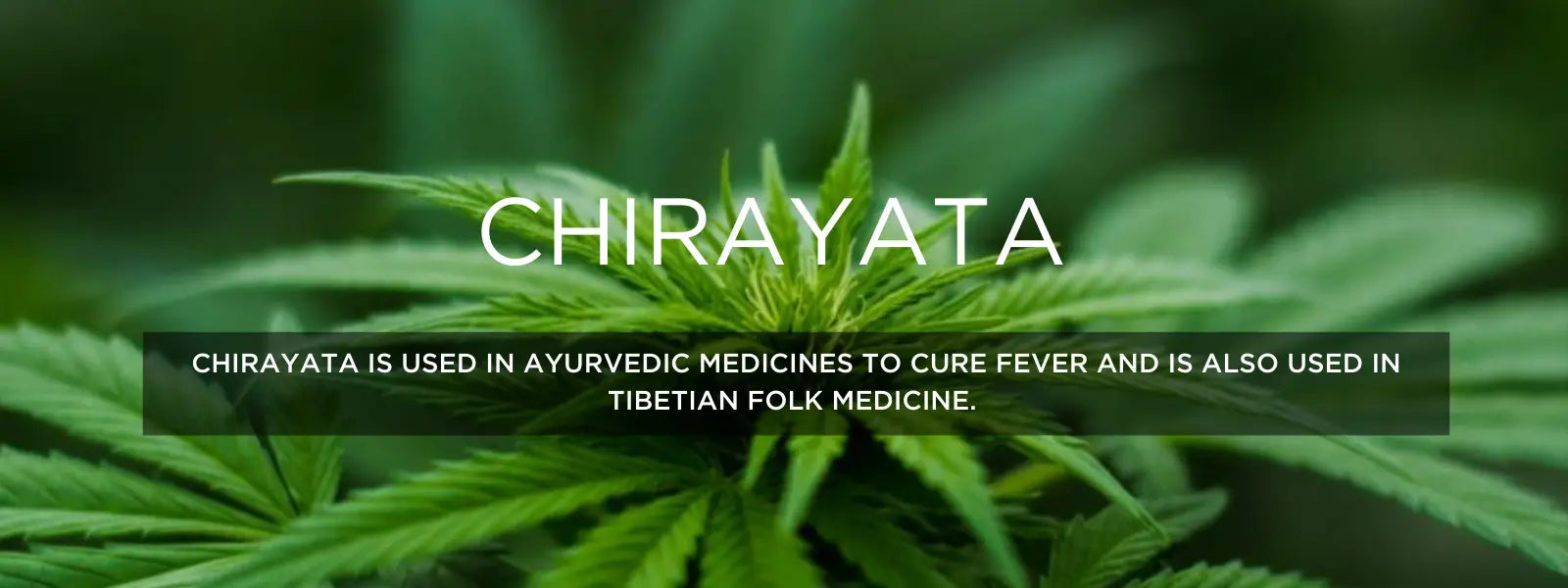
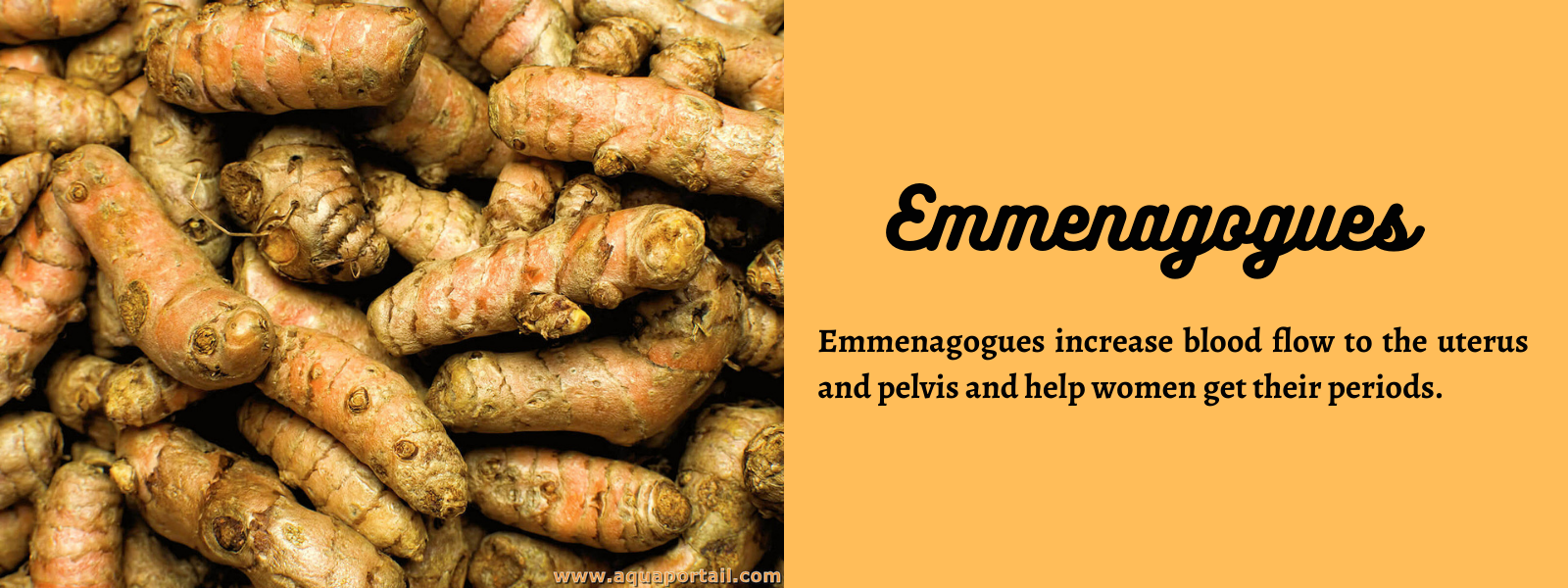

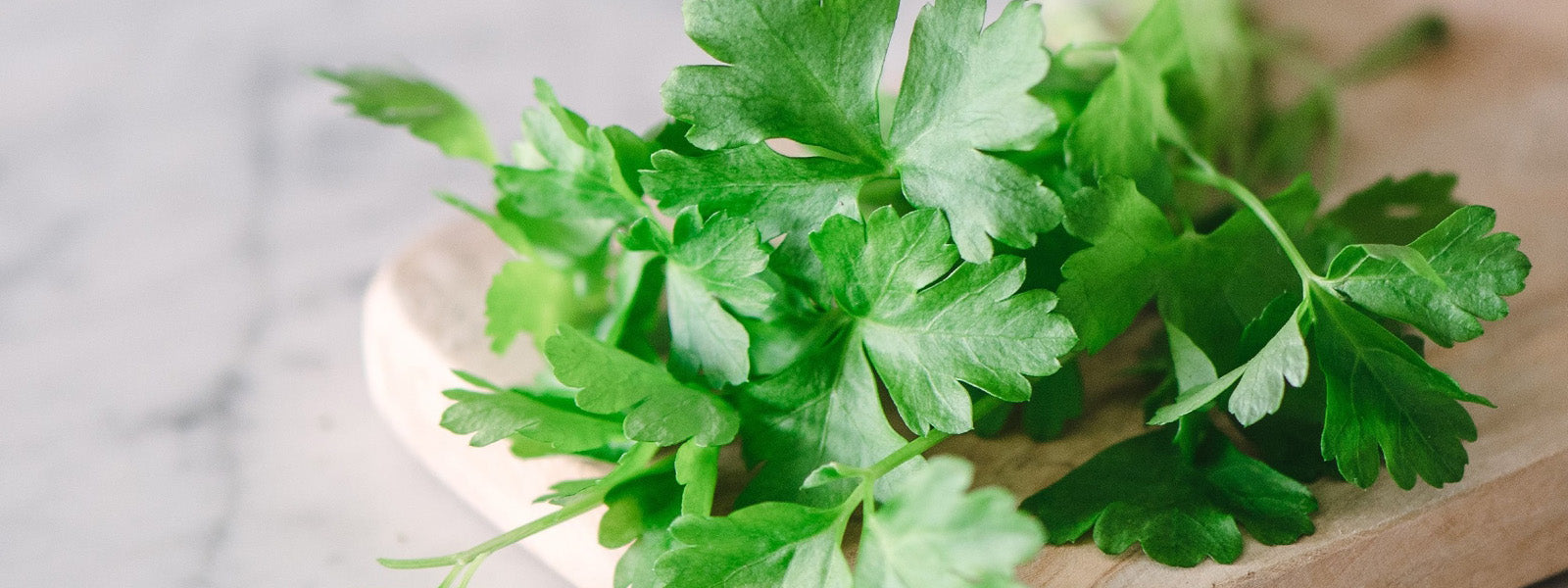
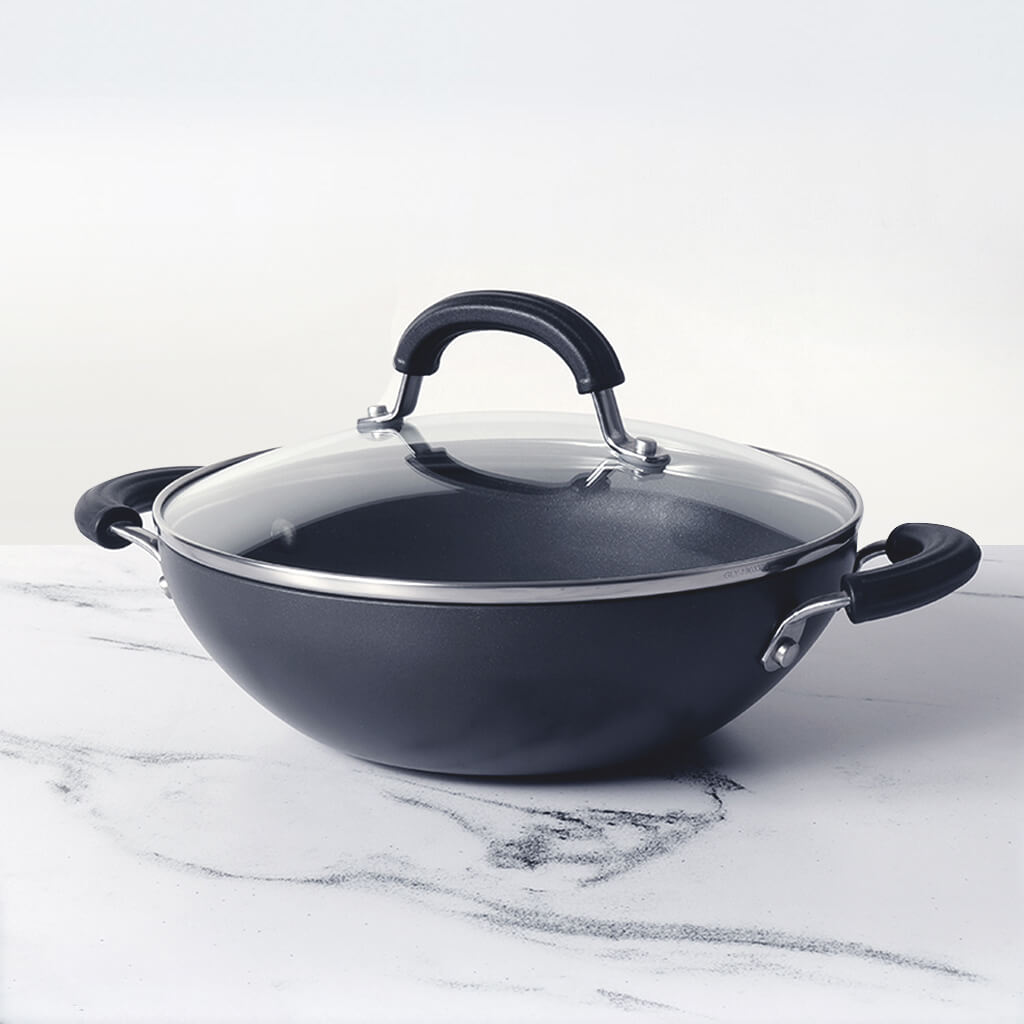
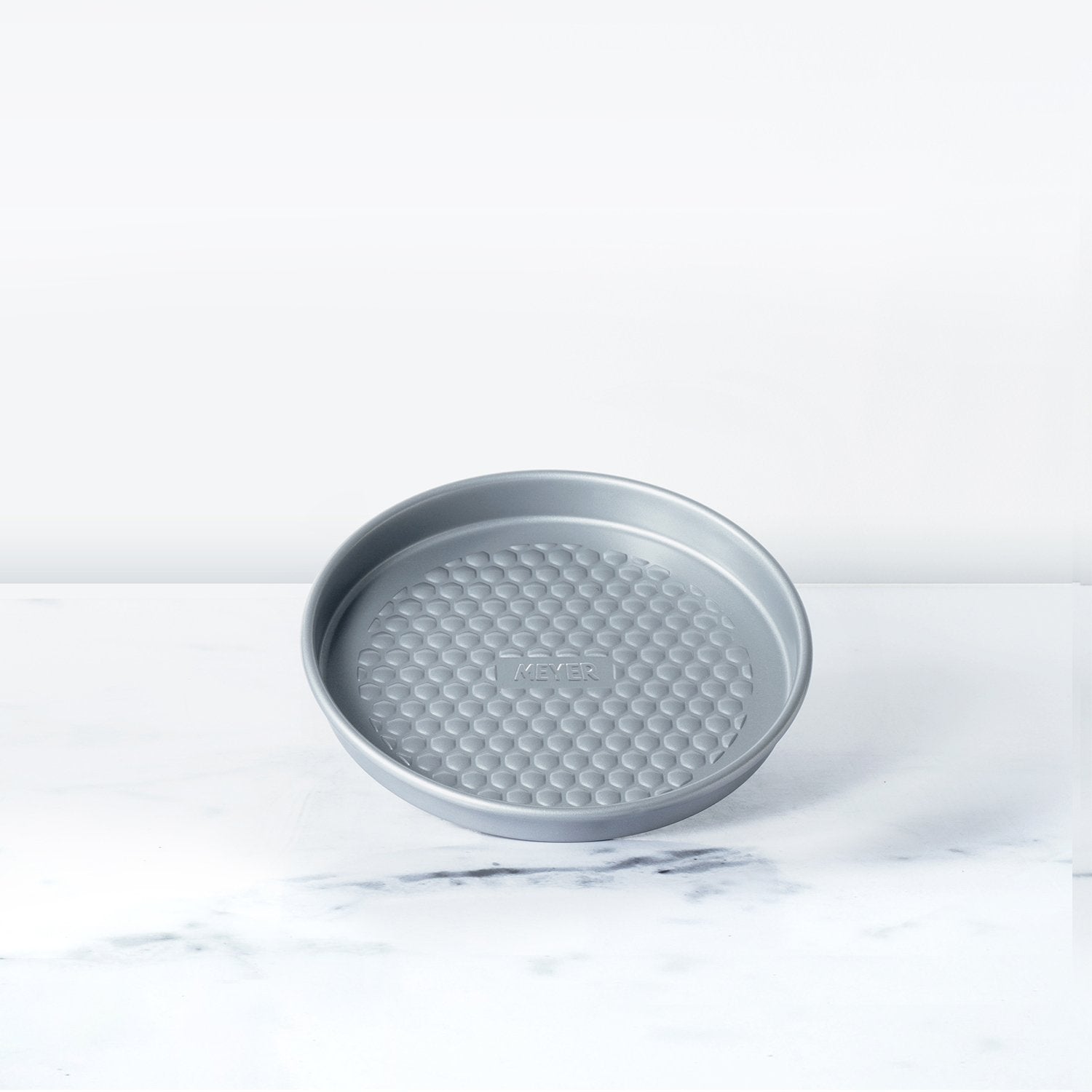




Leave a comment